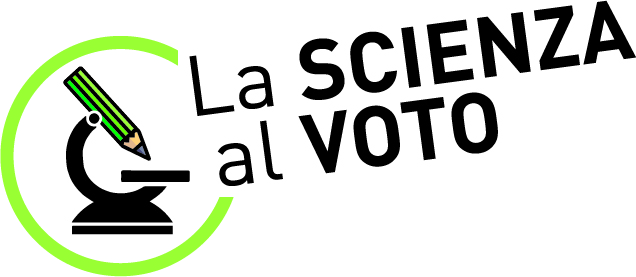In the European elections in June 2024, citizens will decide our future, choosing between sometimes very different visions of society and of our being together. This periodic concrete exercise of the values of freedom and democracy is possible precisely because all European political families place these values at the heart of their action.
As scientists belonging to European scientific societies [and institutions] dealing with climate and environment, however, we would like to emphasise that being able to choose the future of our continent also depends on tackling the climate and biodiversity crisis: a crisis that has been announced by decades of studies and is now unfortunately visible in everyday life.
Failure to act will in fact expose our homeland to increasingly extreme climatic events, growing economic and food uncertainty, the uninhabitability of entire parts of the world and consequent massive migrations, from neighbouring countries but also between different regions of Europe. We will thus be forced into emergency policies, which will absorb more and more resources: ultimately depriving us of the very ability to freely choose our path in the future.
This is why we call on all European political families to sign a cross-party pre-electoral agreement in which they commit to tackling the climate and biodiversity crisis, achieving the scientifically necessary decarbonisation and nature conservation targets clearly set out by scientific research.
This will not only mean opening up huge spaces for new products and new services, putting the European Union at the forefront of international markets, but it will also mean preserving the very originality and diversity of our different political families. Yes, because if the objectives must be common to all, the instruments with which to achieve these objectives can be different, provided they are scientifically appropriate – indeed, the task of the scientific community is precisely to offer a wide range of scientifically based and effective instruments to achieve the objectives in a sustainable way for European citizens.
It will then be on the different instruments that can be adopted that the European political families can divide and confront each other, and this will enable citizens to consciously choose the path by which Europe will emerge from this crisis.
Signing the pre-electoral agreement will thus allow citizens who are aware of the climate crisis to freely choose the vision of society that is closest to their sensibilities, knowing that each political family will safeguard the future of the continent. Instead, citizens who are still struggling to accept the danger of the crisis and the priority of the transition, fearing its hypothetical costs – or in some cases the very existence of the crisis, because they fear the imposition of a single way of thinking and acting – will be reassured by a debate on the different sustainable solutions that are available to us. Finally, the agreement on important goals will provide the European political families with valuable common ground for the post-election period, when an operational coalition will need to be formed from the composite political landscape.
We propose to all the European political families to meet with us on May, 3rd in Venice, a city that is among the most beloved by European citizens, and among those most threatened by the climate crisis, to sign the agreement: the European political community has the historic task of saving the future, not only of Europe but of the entire world, because of the flagship role our continent has assumed in the fight against the crisis. The European scientific community wants to rise to the occasion, playing its full role of service and advice to the European political families.
With confidence in our next historical meeting in Venice,
European Climate Research Alliance (ECRA)
Deutsches Klima Konsortium (DKK)
Italian Society for Climate Sciences (SISC)
Scientific committee Science on the Ballot (LSaV)
